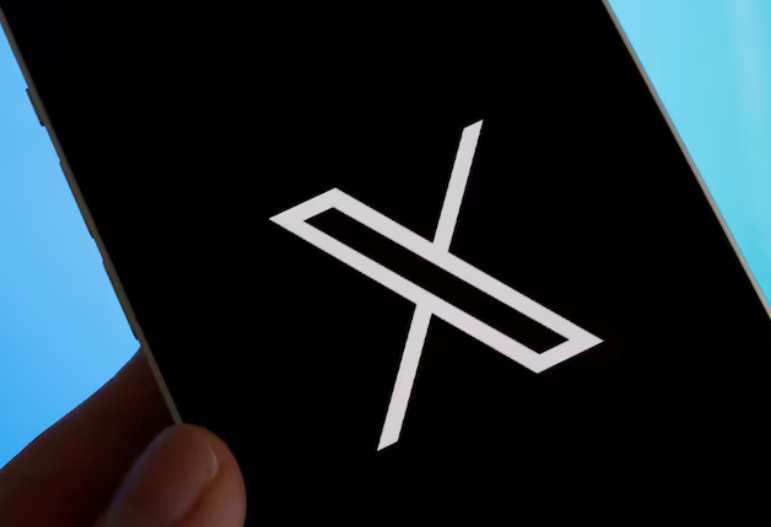Brazil’s telecommunications regulator suspended access to Elon Musk’s X social network on Friday, following a court order from a judge who has been engaged in a months-long conflict with the billionaire investor. The suspension was triggered when X missed a court-imposed deadline on Thursday evening to appoint a legal representative in Brazil.
Musk has argued that Supreme Court Justice Alexandre de Moraes is attempting to enforce unjustified censorship, while the judge has maintained that social media platforms need regulations to control hate speech. “They’re shutting down the #1 source of truth in Brazil,” Musk posted on X on Friday.
The judge’s ruling threatens to strip X of one of its largest and most coveted markets at a time when Musk is grappling with declining advertising revenue for the platform. Although X remained accessible in Brazil late on Friday, some users reported that their access was already being blocked. Three of Brazil’s top telecommunications carriers announced plans to begin blocking access from midnight (0300 GMT on Saturday), according to a local news report by UOL.
The dispute escalated further this week when authorities froze the bank accounts of Starlink, a satellite internet provider owned by Musk’s SpaceX, in Brazil. Justice Moraes ordered that X, formerly known as Twitter, be suspended in Brazil until it complies with all court orders, including the payment of over $3 million in fines and the designation of a local representative, as required by Brazilian law.
Moraes also instructed the telecommunications regulator Anatel to implement the suspension order. Anatel confirmed its intention to comply, though it did not provide a specific timetable. To effectively block X in Brazil, telecom companies will need to stop carrying the network’s traffic and prevent users from bypassing the ban with virtual private networks (VPNs). Moraes ruled that individuals who continue to access X via VPNs could face fines of up to 50,000 reais ($9,000) per day.
Initially, tech giants Apple and Alphabet’s Google were ordered to remove X from their app stores and implement anti-VPN measures to make it more difficult for users of Apple’s iOS and Google’s Android operating systems to access the X app on phones or tablets. However, Moraes later reversed this part of his order, stating it was unnecessary.
Unlike in many other countries, Brazil’s Supreme Court judges wield considerable power to make unilateral decisions. In this dispute, Moraes has received backing from a majority of the 11-member court, including Chief Justice Roberto Barroso.
The conflict traces back to an earlier order from Moraes this year, which required X to block accounts involved in investigations related to the spread of distorted news and hate speech. Musk condemned the order as censorship and responded by closing the company’s offices in Brazil, though he kept the platform accessible in the country. Musk has pledged that Starlink will continue to serve Brazilians, including the military, for free “until this matter is resolved.”
Earlier on Friday, Starlink requested the Supreme Court to suspend its decision to freeze its local bank accounts, arguing that it has complied with all judicial orders. The court dismissed the request on Friday evening.
Brazilian President Luiz Inácio Lula da Silva, when asked to comment, emphasized that all businesses operating in the country must comply with legal obligations. “Just because a guy has a lot of money doesn’t mean he can disrespect the law,” the leftist leader stated on local radio on Friday. In response, Musk referred to the president as Moraes’ “lapdog” in a Thursday post, also calling the judge a “dictator.”
At an event on Friday, Moraes remained firm in his stance, saying, “Those who violate democracy, who violate fundamental human rights, whether in person or through social media, must be held accountable.”

